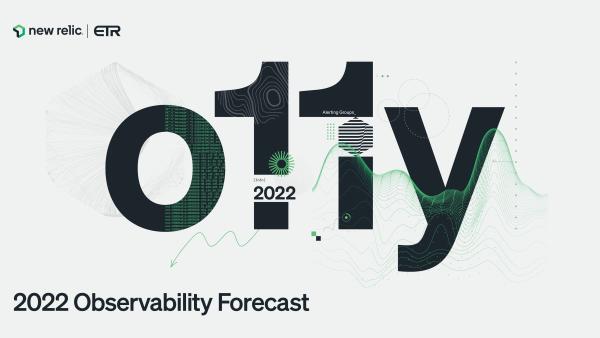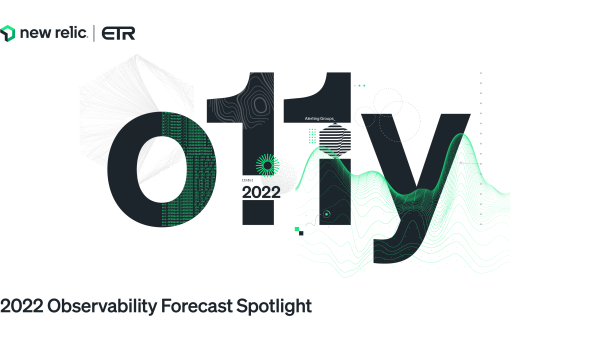Why observability?
This year’s Observability Forecast (a global survey of nearly 1,300 IT leaders, software engineers and developers across the Americas, Europe, the Middle East, Africa and Asia) reinforced the mission-critical importance of observability. Ninety percent of respondents noted that observability is critical to the success of their businesses and 94% stated that it’s critical to their role. Similarly, Gartner also noted that it expects enterprises to increase their adoption of observability tools 30% by 2024.
of IT professionals surveyed noted that observability is critical to the success of their business
Source: 2021 Observability Forecast Survey Results
Seize the opportunity
In our first-annual O11y Trends Report, we reveal the top 11 observability trends (see what we did there?), that will shape the practice of observability in 2022 and beyond.
Over the past few years, enterprises have started to shift from basic monitoring to open and full-stack observability. This trend has been gaining traction inside hyper-growth startups and the largest global enterprises alike. It is rapidly expanding from the early days of application performance monitoring (APM) which focused on the last of four phases in the software lifecycle, to all of them (in order: plan, build, deploy, and run).
Statistics from 2021 Observability Forecast
Modern observability
Modern observability empowers software engineers and developers with a data-driven approach across the entire software lifecycle, bringing all telemetry—events, metrics, logs and traces—into a unified data platform. With powerful full-stack analysis tools that enable them to plan, build, deploy, and run great software--observability delivers improved digital experiences that fuel innovation and growth.
Next steps
Get ahead of the curve with 11 observability trends to watch in 2022.
Learn more about the New Relic platform or sign up for a free New Relic account.
In this first-annual Observability Trends Report, New Relic provides the top 11 trends shaping the future of observability in 2022 and beyond.
The more observable a system is—and the more complete the data that engineers have from the system—the better, faster, more easily, and efficiently they can build, plan, deploy, and run the infrastructure, network, applications, and software that supports it.
You’ll find out:
- Why 90% of IT leaders said that observability is critical to the success of their business.
- How to seize the top trends
- Why 2022 will be the Year of Observability


